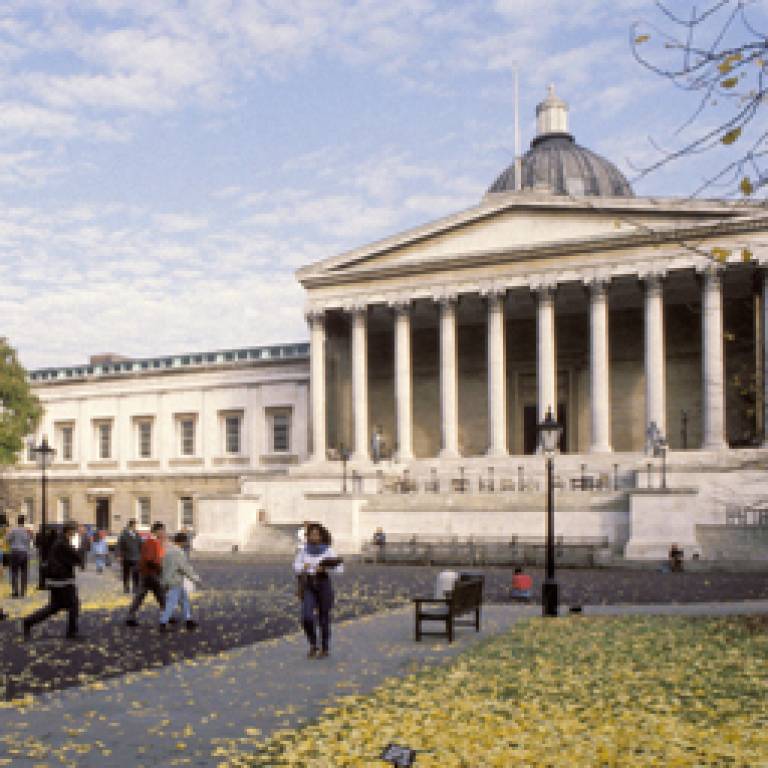UCL financial results year ended 31 July 2011
2 December 2011
The financial results for the year ended 31 July 2011 have been published and show that UCL's income has reached over £800m for the first time at £802m.

The results for the year show a continuation of the improved financial performance the university is now achieving with a retained surplus of £29m or 3.6% of total income. This surplus was slightly lower than in 2010 with income up 5.1% and expenditure up 6.1%. This surplus is in line with the HEFCE requirements to show a surplus in the region of 3% of income and is needed to fund future investments and give a level of contingency.
The operating surplus (after depreciation but before tax) is slightly down from £30m to £24m but if a one off grant to the Students Union for the refurbishment of the Lewis's building of £3.6m is excluded the results are broadly in line. The financial statements also show a net profit on disposal of £5.9m mainly arising from the disposal of the former Medical Students Union building.
Summary Income and Expenditure
|
2011 £m |
2010 £m |
|
| Total income | 801.6 | 762.4 |
| Total Expenditure | (777.4) | (732.4) |
| Surplus after depreciation and before tax | 24.1 | 30.0 |
| Other adjustments | 4.9 | (0.3) |
| Retained Surplus to be carried forward | 29.0 | 29.7 |
Income from HEFCE was up £2m (1%) at £203m including a fall in teaching grant of £3m offset by an increase in research funding of £2m. These movements reflect the removal of the historic buildings allocation (£1.5m), efficiency savings on the teaching grant and changes to the quality ratings for research funding.
Fee income was up £22m (14%) at £172m reflecting increases in student numbers and fee levels. Tuition fees from full time overseas students now contribute £88m. Income from research grants and contracts was up £8m (3%) over the previous year to reach £275m. Research income has increased 3% in the year to £283m with overhead contribution up 11% at £49m. This indicates that the measures implemented in previous years to encourage and support research applications going forward continue to deliver benefit in a more difficult economic environment.
Tuition fees from overseas full time students remain an important source of income. They now contribute 37% to total teaching funding (HEFCE teaching grant plus total fees and support grants) against 34% in the previous year.
Expenditure has risen slightly more than income in the year. Staff costs have risen 1.4% reflecting a 1.4% increase in average staff numbers on the payroll, a very low cost of living rise in August 2010 and a rise of 1% in research direct costs, 75% of which is staff related. Recruitment controls remain in place which has slowed the growth in staff costs for the last two years compared with previous years.
Other operating expenses have gone up £39m (17%) but include the Student Union grant of £3.6m noted above. Other increases are scholarships and prizes (£5m), and repairs and maintenance (£11m) in line with agreed strategy.
Capital Expenditure for the year was £93m, an increase from the previous year when it stood at £37m. £58m related to land and buildings acquisitions, notably the Sainsbury Wellcome Centre, Queens Square House and the Caledonian Road student residence development.
The improvement in the surplus has followed through to the year end cash position where cash at the bank and in short term deposits improved to £177m. The value of UCL's endowment assets has increased in value by £5m to £73m. Total reserves increased from £205 million to £235 million.
The full financial reports can be found on the UCL website.
Alison Woodhams, Director of Finance
 Close
Close

